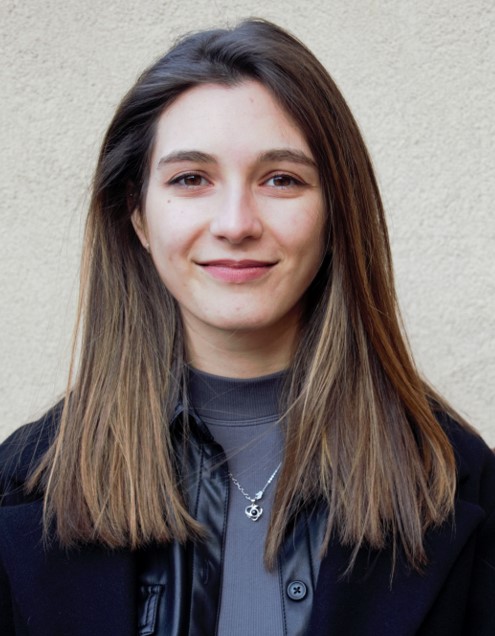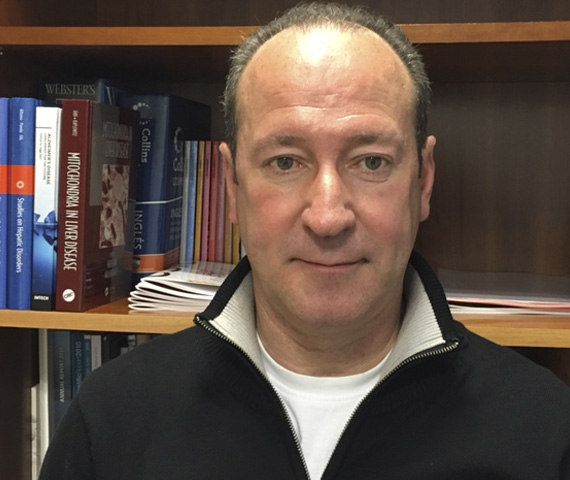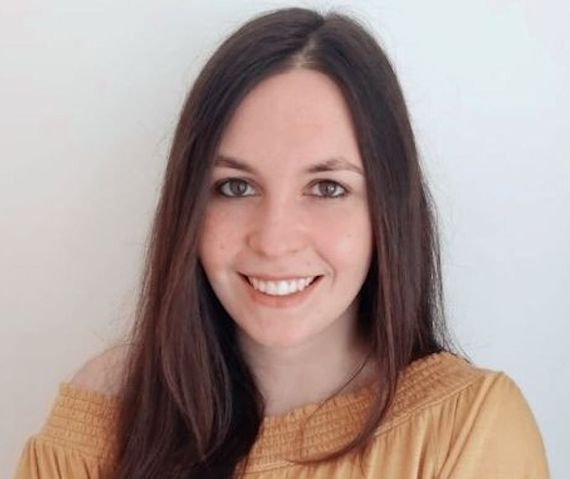


Mithocondrial Regulation of Cell Death
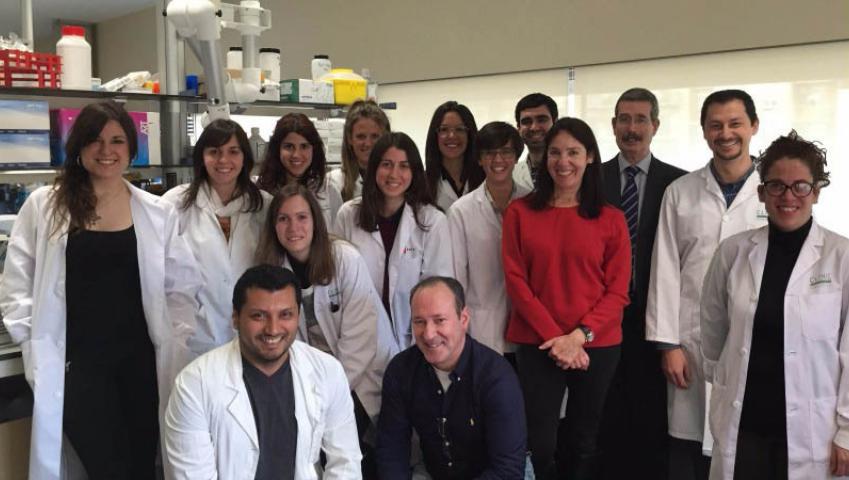
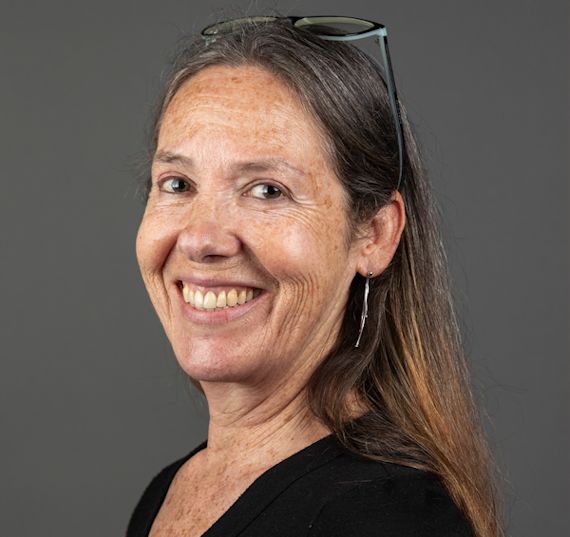
In the last years, our group has focused on the role of structural lipids in cell signaling and human disease. Our work has added a new dimension to the classic view of lipids as mere structural components of bilayers by describing the critical roles that cholesterol and sphingolipids (SL) play in the regulation of cell death by targeting mitochondrial membranes, leading to the progression of prevalent human diseases, including fatty liver disease (FLD) and its progression to liver cancer as well as in major neurodegenerative diseases, predominantly Alzheimer´s disease (AD) and lysosomal storage disorders, like Niemann-Pick type A and C.
We have unraveled the role of mitochondrial cholesterol trafficking in the above-mentioned diseases and discovered the upregulation of STARD1, a mitochondrial cholesterol transporter responsible for the trafficking of cholesterol to the mitochondrial inner membrane (MIM). STARD1 levels are rather low in the liver but they remarkably increase in pathological states, including steatohepatitis, an advanced stage of FLD, which encompasses both alcoholic (ASH) and non-alcoholic steatohepatitis (NASH) characterized by inflammation, fibrosis and hepatocellular demise, that can progress to hepatocellular carcinoma (HCC). As a proof of concept for the role of STARD1 in liver disease, we have generated STARD1 floxed mice to develop different mouse lines with deletion of STARD1 in hepatocytes and nonparenchymal cells (hepatic stellate cells and Kupffer cells). Its induction has been also identified as a critical player in drug-induced liver injury and has emerged as a novel therapeutic target to protect against acetaminophen hepatotoxicity. Similar to the liver diseases, we have described recently the induction of STARD1 in patients with AD and Down Syndrome—a genetically determined form of AD- while mice with genetic deletion of STARD1 in neurons are resistant to diet-induced AD-like symptoms. We have also investigated the role of SL in liver diseases and have identified acid sphingomyelinase as a mechanism for the rapid generation of ceramide in specific acidic compartments in both ASH and NASH, and have identified the acetylation status of GD3 as a determinant factor for liver fibrosis. Finally, our recent observations described a central role for the multiprotein complex NLRP3 inflammasome activated by mitochondrial cholesterol in NASH progression.
Currently, our research is organized into 3 main interdisciplinary lines to better understand the molecular mechanisms and the biology of these conditions, to design new drugs or to reuse existing ones for treatment. Our research groups are:
- Lipid cell biology and impact in metabolic disorder (IP: Carmen Garcia-Ruiz)
- Mitochondria as central hub of liver disease and neurodegeneration (IP: JC Fernandez-Checa)
- Inflammasome activation and mitochondrial stress in NASH (IP: Sandra Torres)
The group is funded by national and international public and private agencies (ISCIII, MINECO, NIAAA, NIC, NIH, H2020, CIBEREHD, Marató TV3, BBVA, Mutua madrileña; AGAUR, AEEH, European Action COST, CSIC Cancer hub network, CSIC RER Biomed network, USA Strong together NPC Foundation)
Selected current funding:
NIC-NIH grant (2024-2029)
PID2023-148803OB-I00 (2024-2027)
H2020_HaltRONIN (2023-2027)
PID2022-145926OB-I00 (2023-2026)
PID2022-140169OB-C22 (2023-2026)
SGR00491 (2022-2026)
Selected active collaborations:
Ana Cenarro, University of Zaragoza
Cecilia Rodrigues, University of Lisbon
Francisco Javier Cubero, University Complutense of Madrid
Hidekazu Tsukamoto, University of Southern California
Ian Holt, University Collegue London
Isabel Lucena, University of Malaga
José Juan García Marín, University of Salamanca
Matías Avila, University of Navarra
Michael Karin, University of San Diego
Neil Kaplowitz, University of Southern California
Randal Kaufman, Neuroscience Center at Sanford Burnham Medical Institute
Sanda Win, Keck School of Medicine (USC)
Silvana Zanlungo, University Catholic of Chile
Linkedin:
https://www.linkedin.com/company/mithocondrial-regulation-of-cell-death-group-iibb-csic/
Past lab members:
|
Albert Morales
Científico titular CSIC Merce Miranda
Medical writer Juan Román
Senior Study Director. S.A.U. Spain Raquel Paris
Sales Director. Abbott, Spain Josep M Lluïs Duquez
Senior CRA. PRA Health Sciences, Sweden Olga Coll
Senior scientist. Center for Genomic Regulation Luis E. Gómez-Quiroz
Full Professor. Universidad Autónoma Metropolitana-Iztapalapa. Mexico
Joan Montero
Associate Professor. UB Claudia Von Montfort
Associate Professor. University of Düsseldorf Laura Conde de la Rosa
Senior scientist. Universidad de Sevilla Laura Llacuna
Health counselor Ana Moles
Científico titular CSIC Anna Fernández Fernández
Senior Scientist. Abxience, Spain Cristina Bárcena
Assistant professor. Department of Physiology (INEFC) Vicent Ribas
Senior scientist. IDIBAPS Cristina Alarcón
Molecular biology specialist. Roche Mª Carmen Vallejo
Science teacher Estel Solsona i Vilarrasa
Postdoctoral fellow. The Francis Crick Institute. London Paula Segalés
Assistant professor. University of Vic |
Anna Colell
Científico titular CSIC Esther Ardite
Science teacher Monserrat Marí
Investigadora científica CSIC Mª del Carmen Blasco
Project Manager at Grifols. Clinical Department Roberto A. Rabinovich
LAS in Respiratory Medicine at Edinburgh Francisco Caballero
Principal Consultant at CamBio LLC. USA Nuria Tarrats
Senior Scientist. NGO DEBRA. Spain Nuria Matias
Science teacher Raquel Fucho
Coordinator. BCNatal Fetal Research Center Milica Stefanovic
Senior Radiation oncologist. Catalan Institute of Oncology Laura Martínez
Senior scientist. Imperial Collegue London Anna Baulies
Scientific lead. ABCAM-Metabolism, London Elisabet Barbero
Science teacher Natalia Nuño
Associate professor. Medica Sur Clinic. México Sandra Torres
Group leader. Ramón y Cajal investigator Fabián Arenas
Senior scientist. IDIBAPS David Robles
Science teacher Naroa Insausti
Research associate. VIRALGEN. Spain
Leire Goicoechea
Postdoctoral fellow. University Collegue London |
-
Associated Personnel
